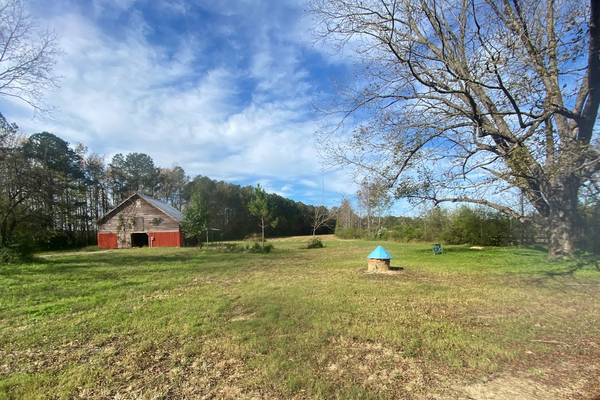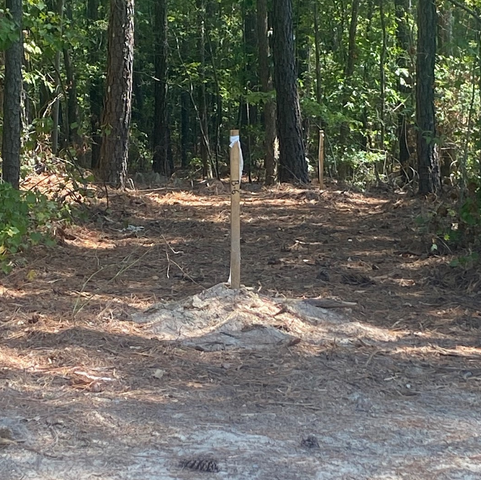February 14, 2024 | by Jaycee Georgiev
Community vs. Private Wells: It takes an informed populace for democracy to work.
After purchasing a home, one might not know who to contact when problems arise with their private well, or may not even consider where our well water ultimately comes from whether on a community well, private well or from a public/private utility like Aqua North Carolina.
The last water study performed in Granville County was in July 1972 by the Department of Natural and Economic Resources. Prepared by the United States Department of the Interior Geological Survey in cooperation with the North Carolina office of Air and Water Resources.
Since that study, the Department of Natural and Economic Resources were divided into DHHS (Department of Human Health Services) and DEQ (Department of Environmental Quality) DHHS is operated by the county and is responsible for permits of private wells and septic. Meanwhile, at the State level, the DEQ permits community wells. Inexplicably, these two agencies function independently rather than working together for the good of county residents.
When I spoke with North Carolina DEQ for this story, they admitted no knowledge of private well locations prior to approving community wells. DEQ has a policy for well interference from community to community wells, they do not have a well interference ordinance in place for community to private wells.
The Granville County DHHS is not currently contacted when there is a pending community well permit before the State DEQ office, nor after approval. DHHS also does not claim any responsibility in the event a private well fails to produce. North Carolina is a Caveat Emptor State (Buyer Beware) and would have to file a repair permit through DHHS and pay to drill deeper or drill a new well. DHHS and DEQ does not have knowledge of the other departments permit process, approvals or maps of well sites. This situation should be concerning to existing homeowners and prospective home buyers in Granville County considering the last water study was conducted 52 years ago and the amount of development over that course of time.

Both Community wells and Private wells draw water from the ground. Underground aquifers in Southern Granville County are under fractured Triassic Basin with low yield in many areas. Falls Lake surface water is the City of Raleigh’s drinking water. So while many of us live in the Falls Lake Watershed, we do not have rights to the drinking water.
With so much development in Southern Granville County, one could wonder how taxing that water requirement might be on our ground water. Community wells are relatively new in the area, and by their nature of serving multiple homes have a larger water draw than private wells. Community wells also have storage tanks for the community they serve. The current system might very well prove problematic if North Carolina DEQ and Granville County DHHS do not start consulting with each other prior to permit approvals.
Residents should hold the State DEQ to a higher standard. NCDEQ should be communicating to Granville County DHHS regarding location of requested community wells to assure they are not too close to private wells. Both departments should provide a website for homeowners and potential future residents to preview locations of both community and private well locations, or provide a well interference ordinance between community and private wells.

Other Sources:
Check out this link I found written in the 80’s https://repository.lib.ncsu.edu/server/api/core/bitstreams/ef1bf946-bd82-4938-bfbb-62eb3c10cd83/content
Here is a link showing the map of aquifers in the Nation- We are in the “Rocks that generally yield less than 10 gallons per minute to wells” category

